how to improve your attention span (with science)
We’ve got six handy tips for boosting concentration. Try to make it to the end.
 We’ve teamed up with the folks at UNiDays to bring you stories about all the stuff you go through when you're studying. Did you know UNiDAYS members can nab a 25 per cent discount on their frankie magazine subscriptions? Well, now you do. Check the bottom of the story for more deets.
We’ve teamed up with the folks at UNiDays to bring you stories about all the stuff you go through when you're studying. Did you know UNiDAYS members can nab a 25 per cent discount on their frankie magazine subscriptions? Well, now you do. Check the bottom of the story for more deets.
Do you find yourself staring into space a lot these days, mouth slack, quietly drooling onto your keyboard? You’re not alone. The human attention span has, err… hang on, just going to get a snack.
… aaand I’m back. What were we talking about? Oh yeah, attention span. Apparently, we’re less focused now than ever before, which should come as a surprise to absolutely no one. In 2000, the average adult could concentrate on one task for a whopping 12 seconds at a time. We were like Jedi masters. Now, thanks to ‘smart’ phones, humanity is down to eight seconds, which is one second less than the average goldfish. But don’t look so glum – we’ve got six tips for boosting your powers of concentration. Try to make it to the end.
STARE AT THE CLOCK There’s a theory that concentration is a bit like your glutes: it only gets stronger if you work it. Try these brain-melting exercises, prescribed by author Theron Q. Dumont is his 1918 bestseller The Power of Concentration. Once per day, sit quietly in a chair for 15 minutes and do nothing. Concentrate on slowly opening and closing your fists, or follow the second hand of the clock for as long as you can. If you can only manage 90 seconds before losing your proverbial marbles, aim for 91 seconds tomorrow. Build up your concentration slowly.
DON’T PEE Obviously pee when you need to – we’re not saying never pee again. But boffins have found that holding on to your pee can actually boost your focus. It’s all down to impulse control: not urinating activates part of your brain that resists sudden urges. Dutch researchers found that people who needed to pee outperformed those with empty bladders on confusing mental tasks. But don’t push this too far: holding on for too long can increase your risk of UTIs. Pee smarter, not harder.
LISTEN TO MOZART Everyone knows music can help you get into the mental groove, but which music exactly? Classical is the big one: it’s pretty settled that concertos will help you think better. Nature sounds – babbling brooks, crashing waves, forest ambience – can boost your mood and focus, too. Video game soundtracks are another goodie (they’re engaging by design and rarely have lyrics). Or any music between 50 and 80 beats per minute – that seems to be the sweet spot for massaging your brain into a more relaxed ‘alpha state’.
WATCH FUNNY VIDEOS Bear with us here. Staying focused requires willpower, and studies have shown that one way to improve willpower is to laugh. Researchers found that people who watched a funny clip performed better in mental tasks than people who watched a relaxing one. Does this mean you should watch cat videos all day? Well, yes and no. There are probably diminishing returns when it comes to moggie clips, but a giggle break now and then could help replenish the brain tank.
CHEW GUM While you’re watching YouTube and needing to pee and listening to OceanWaves7.mp3, try chewing gum at the same time. Sounds crazy, but chewing gum has been shown to “reliably increase subject alertness” in several studies – but only when the subject has been performing the task for some time. Scientists are less forthcoming about the merits of different gum flavours. We’re not sure, for example, if Hubba Bubba outperforms Spearmint Blast in an IQ test. But do some research and get back to us.
DRINK TEA We tend to reach for the Nescafé when we need to knuckle down and get work done, which makes sense. Caffeine stimulates the brain’s production of dopamine, which helps you concentrate. But black tea might be even better. Not only do most teabags contain caffeine, they also have an amino acid called L-theanine, which can increase mental focus and attention. In a Dutch study, tea drinkers outperformed placebo drinkers on complex mental tasks. This is why no one likes drinking placebo in the morning.
This story comes straight from the pages of frankie 105. Head here to find your closest stockist, pick up a copy from our online store or subscribe from $65.
Thanks to the kind types at UNiDAYS, uni students can nab 25 per cent off their frankie subscriptions. Just click here, then register or log in using your UNiDAYS member details. Easy as!
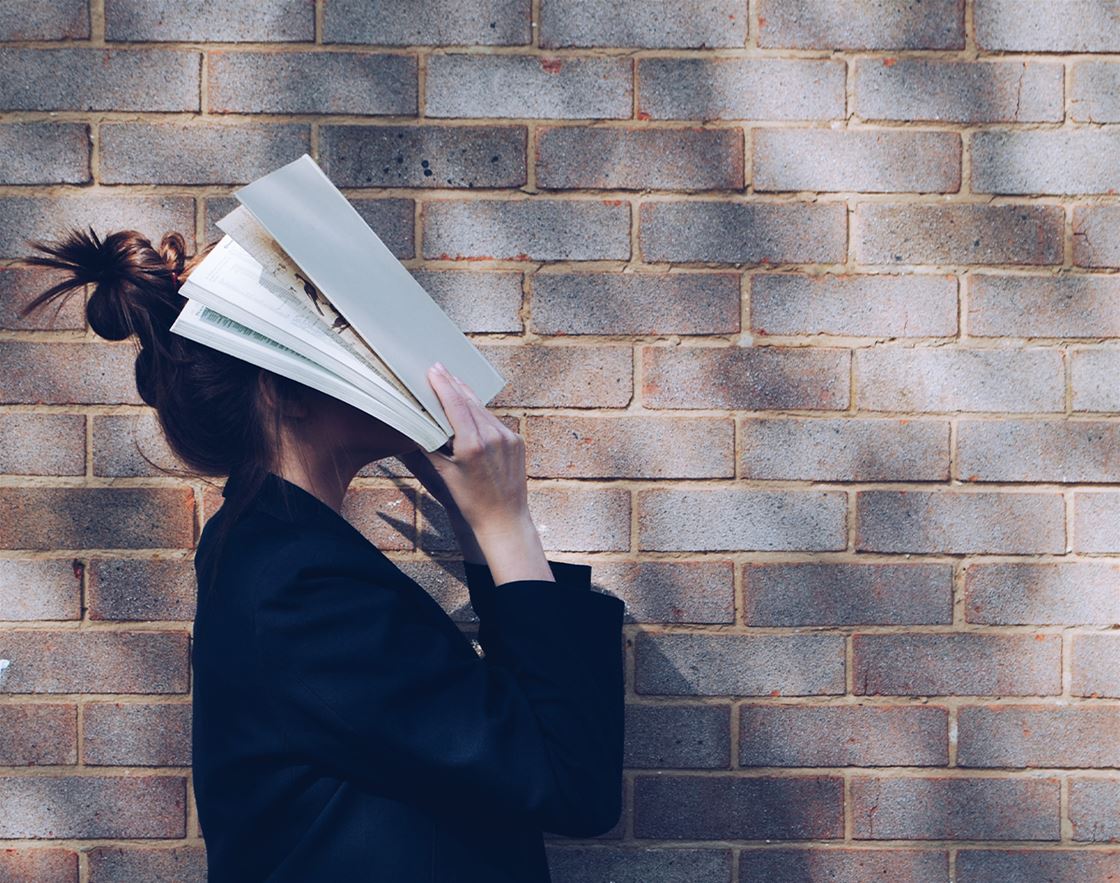
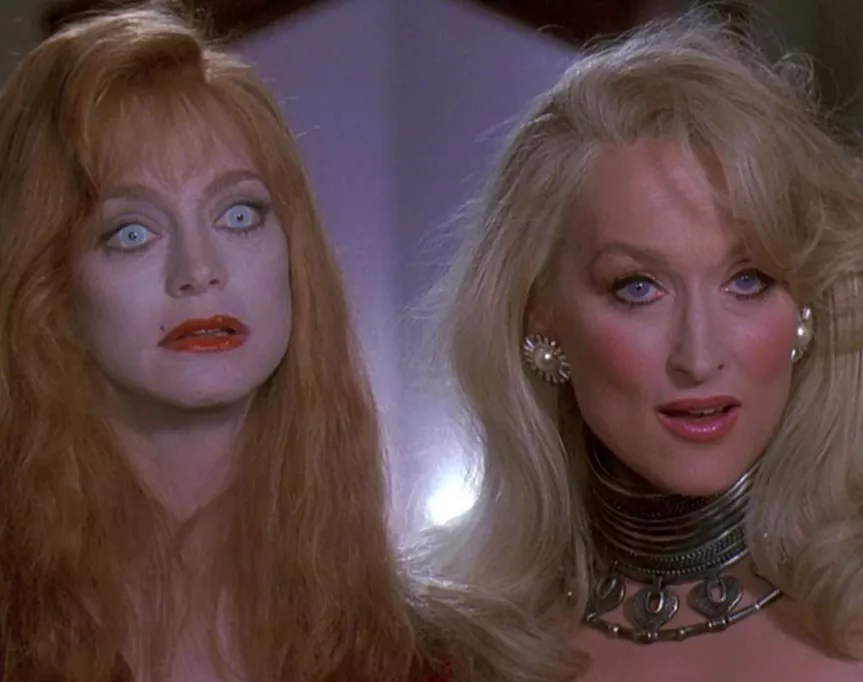


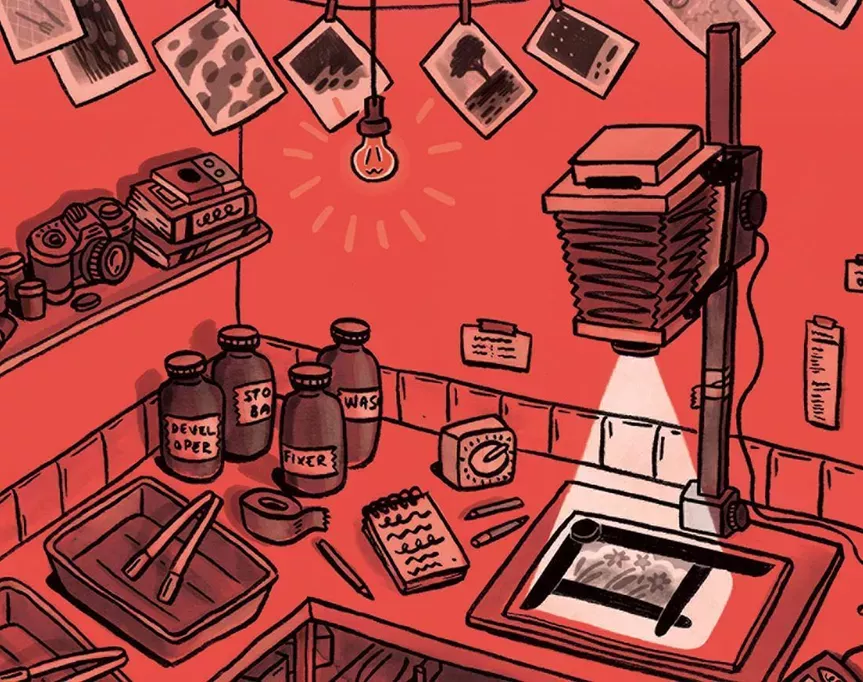


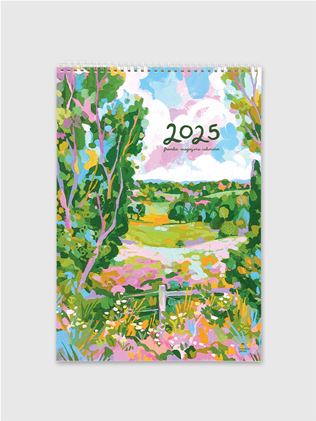
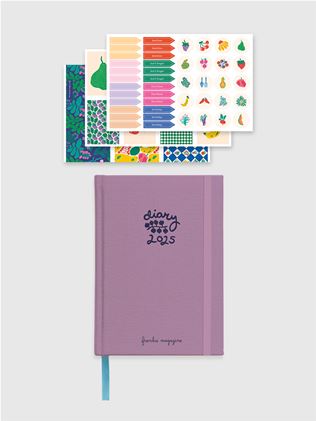
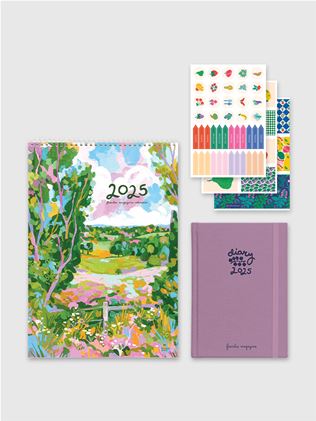
.jpg&q=80&w=316&c=1&s=1)



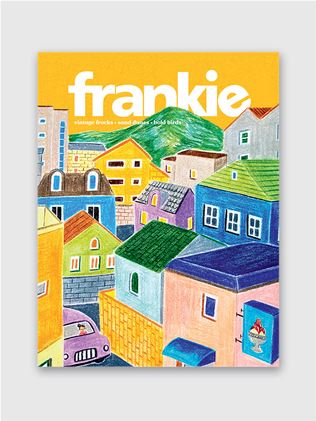


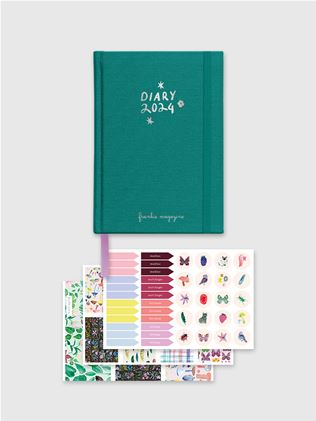



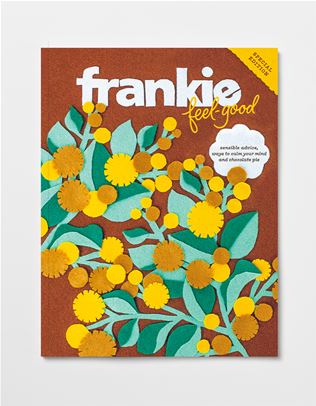






.jpg&q=80&w=316&c=1&s=1)










